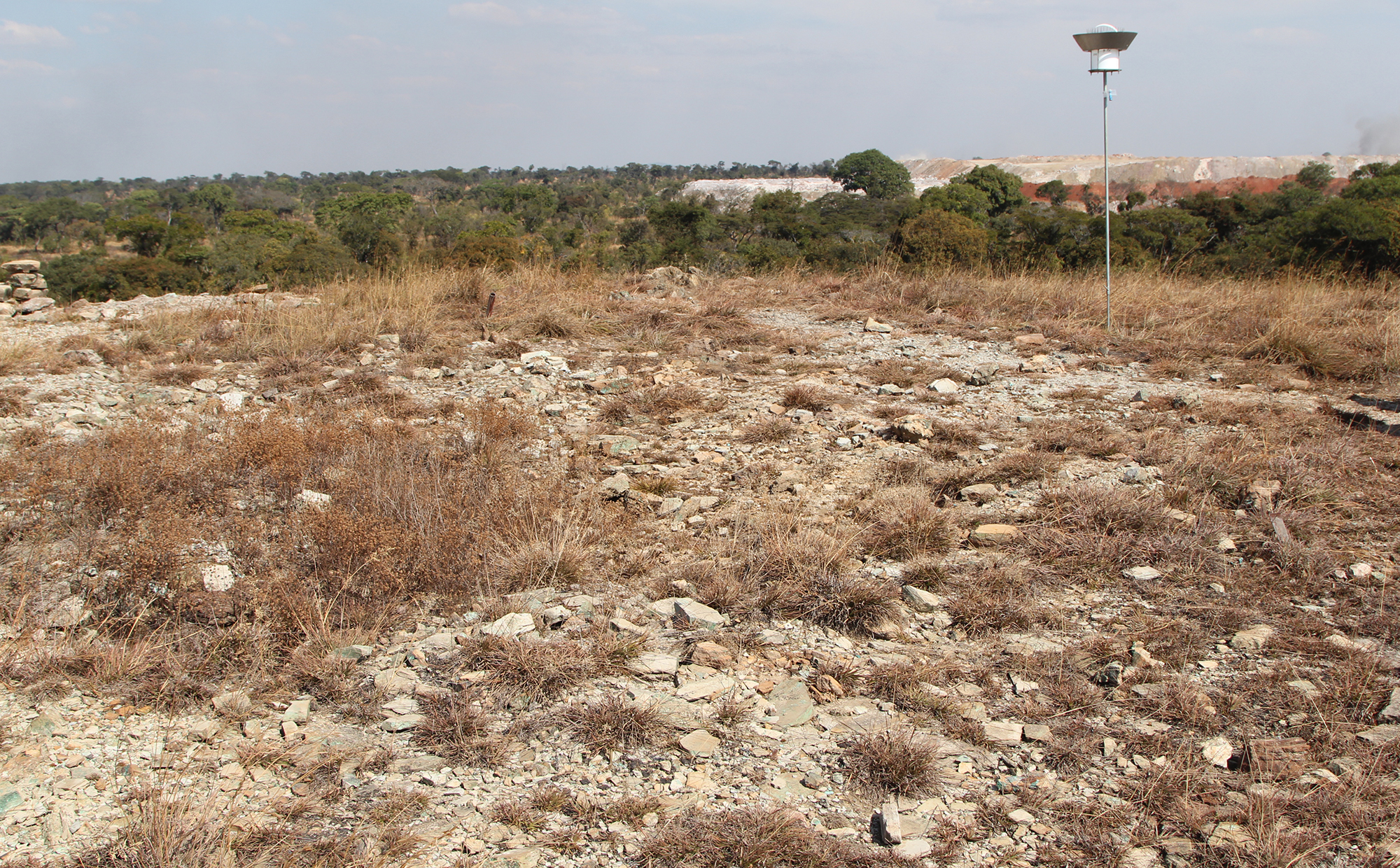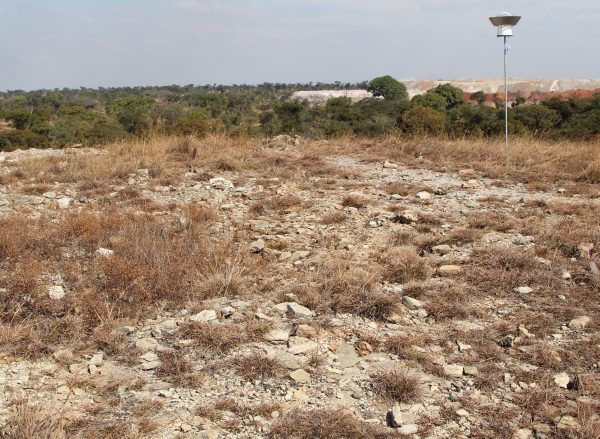Artisanal and small-scale mining (ASM) is widespread in the DRC, Laos and Peru, and occurs on tenements where MMG holds exploration and mining rights. It is a difficult and complex issue to manage and in many instances is either illegal or unregulated. Positive impacts from ASM may include poverty alleviation, increased community capital, decreased rural-urban migration and diversified local economies. However these are often offset by poor environmental practices, low levels of health and safety, the spread of disease, child and forced labour, inequitable distribution of community benefits, illegal trade and heightened security risks. Many of the negative attributes of ASM have human rights implications.
We develop and adopt appropriate strategies to mitigate risk associated with each ASM activity we encounter. In some circumstances it may not be possible for our activities and ASM to co-exist. Communication and collaboration with all stakeholders (including the miners, government, local authorities, community organisations and governing authorities) are our first steps towards developing mutually acceptable outcomes.
Glossary: Artisanal and small-scale mining (ASM) is often characterised as mining practised by individuals, groups or communities using low technology or mechanisation. It can be highly organised, involving many people in different roles and hierarchies.


